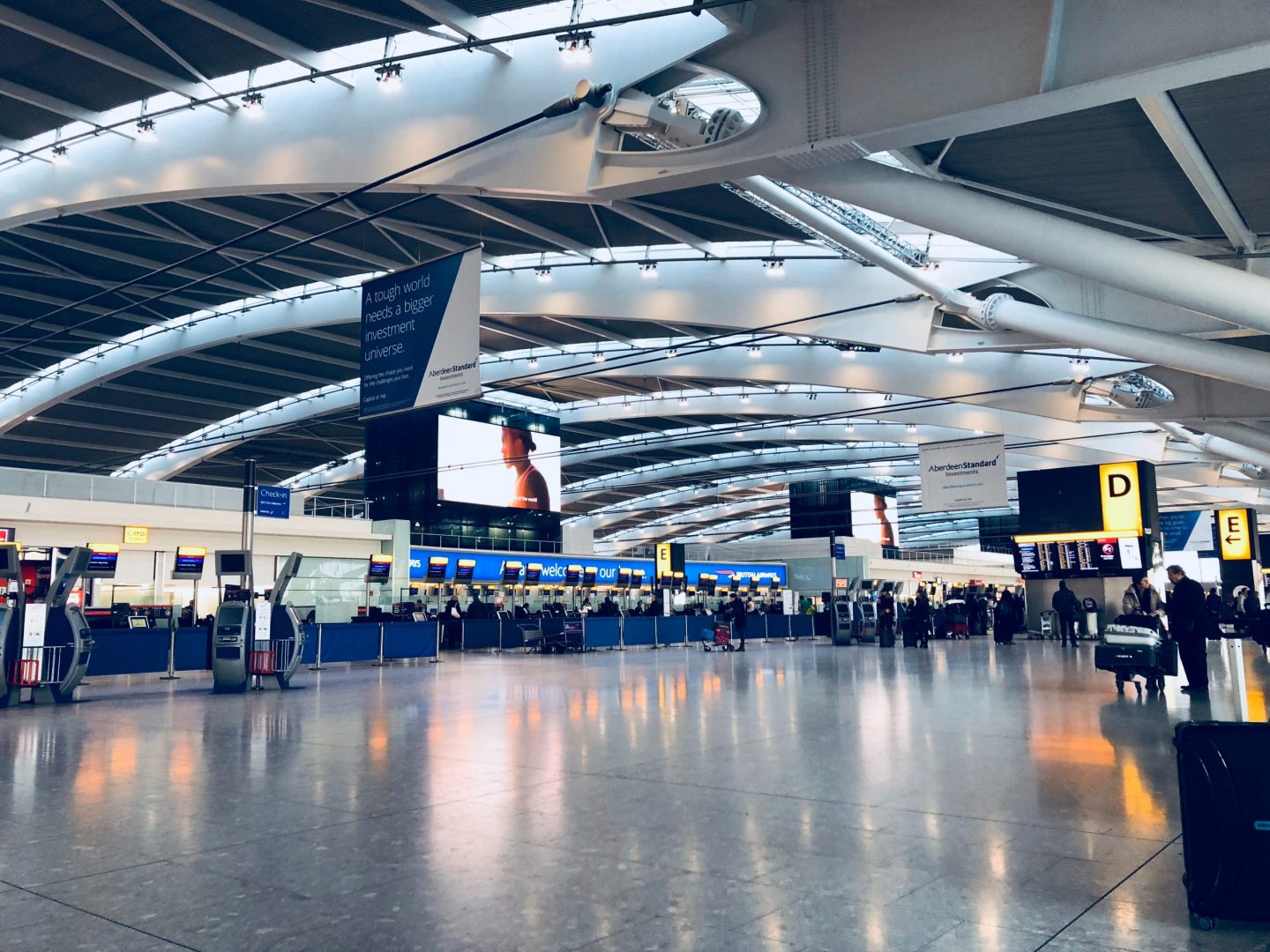The number of young New Zealanders, aged 15 to 24, who are not in education, employment, or training (known as NEET) has reached 82,000. Their unemployment rate is currently 12.4%, much higher than the national rate of 4.3%. This national rate is the highest since mid-2021 and is expected to rise above 5% next year.
Paul Barber, a social policy analyst from the Salvation Army, explained that the impacts of rising unemployment are felt most by young people. The number of young people in the NEET category has increased by 12,000 compared to last year, a significantly larger increase than other age groups.
Barber highlighted that young people are often the last to be hired and the first to be let go during tough economic times. This is what’s happening now, partly due to the labor shortage caused by the closure of borders during the Covid pandemic.
While Covid initially led to a drop in youth unemployment rates, it also had negative effects. It disrupted young people’s connection to school and self-confidence, leading to an increase in mental health issues and psychological distress.
Barber stressed that there’s no quick fix for this situation. The Salvation Army is working with young people through mentoring and development programs, but cooperation with educators, training institutions, employers, and families is crucial. He emphasized the importance of support for those struggling with further learning and training, as even one or two connections could be the difference between success and further hardship for a young person.




























































